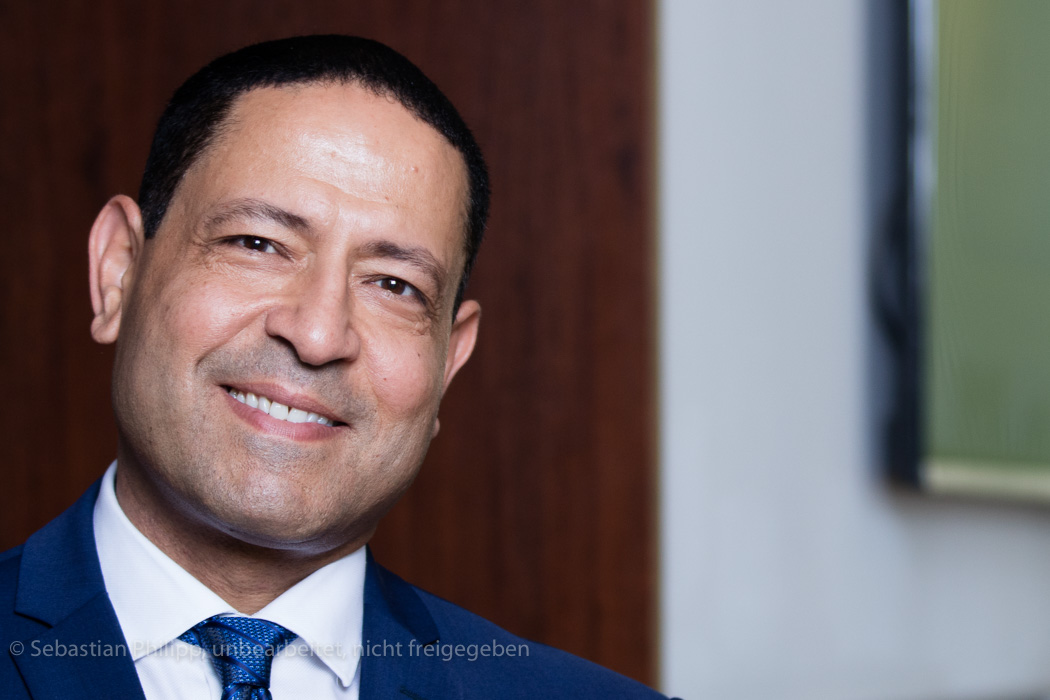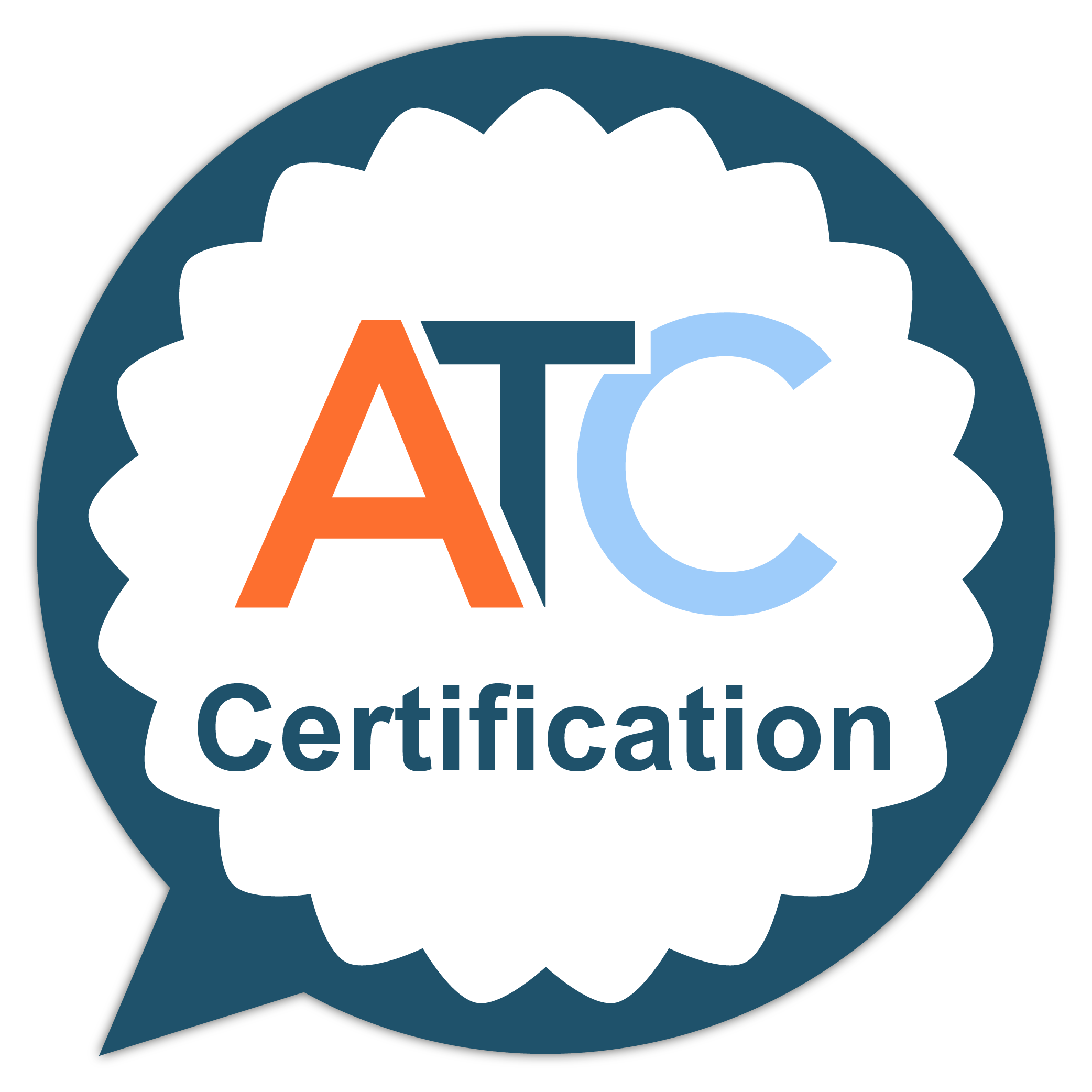
Dr.Mohamed-Ali Ibrahim is an ISO consultant and ATC Certification auditor specialising in translation and interpreting services and quality management. He has been involved in the development of language services ISO standards since the inception of the first translation services standard in the early noughties.
In this blog, Dr Ibrahim talks about his background and specialism in interpreting services, as well as the landscape around the emerging interpreting services standards, and the societal changes they reflect.
Tell us about your background
I am a translator and interpreter with 25 years of experience in the language services industry. I hold a PhD in Risk & Quality Management, and have been closely involved in ISO standards development and auditing for language services for nearly 20 years.
I am also an MBA lecturer and author of a number of business management books in Vienna, Austria, where I live, although I also have close contact with and spend some of my time in the Middle East.
I work with ATC Certification as a lead auditor on translation, interpreting and quality management standards. Through my own company IQ-C Vienna, I also provide consulting and training services, as well as auditing for certification bodies such as TÜV Austria.
You are an interpreting specialist?
Yes, that’s right, I was a practising conference interpreter for many years, and I have always had a keen interest in the development of ISO standards specifically for interpreting services.
Over the past few years, I have followed the emergence of international standards for interpreting services, starting with the general interpreting services standard ISO 18841, and lately the specialist standards ISO 20228 on legal interpreting, ISO 21998 on healthcare interpreting, and the latest, ISO 23155 on conference interpreting.
In the same way as international quality management standards, these interpreting standards are applied and implemented by progressive language service providers who understand the value of making use of ready-made best practices to showcase their commitment to quality-managed services, and their readiness for third-party audits. This is something that especially NGO and public sector clients recognise and appreciate – it’s a win-win-win situation for all stakeholders.
Interpreting standards reflect societal attitudes
To me, the emergence of international standards for interpreting reflects a wider change in societal attitudes, a new positive culture in the interpreting market.
I see a clear shift in the attitudes and policies of highly multicultural countries such as the UK, Germany, the US, Canada, and Australia, where the society now understands the need for language support much better than it perhaps did in the past.
This is the need that our new interpreting services standards responds to, a rising awareness in the communities, and the society around them, to support multiculturalism and people speaking other languages.
As language service professionals, we are at the vanguard of this shift in mentality. As an auditor, it gives me great joy to see interpreting standards being recognised and even required, and to be part of language service providers’ journeys in implementing them.

